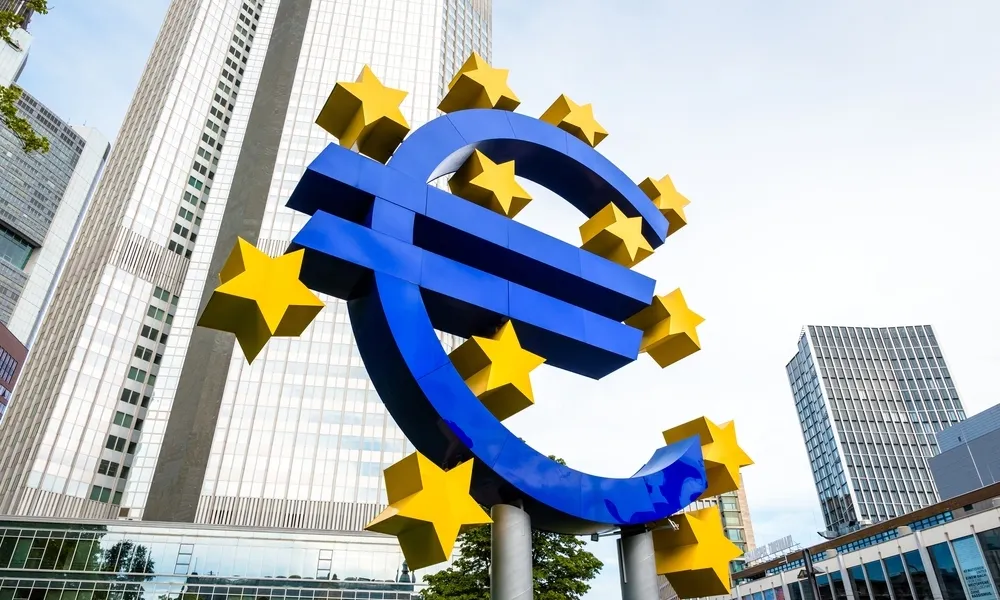The European Central Bank (ECB) is unlikely to lower interest rates before the end of the year, as President Christine Lagarde said on Thursday that the eurozone is “in a good place” regarding growth, noting that risks to the outlook have eased.
Speaking after the Governing Council meeting, which decided to keep interest rates unchanged, Lagarde described the 0.2% GDP growth recorded in the third quarter as a “positive surprise.”
Risks Have Eased, But Challenges Remain
Lagarde outlined three developments that have reduced downside risks to growth:
a) the trade agreement reached between the EU and the US over the summer,
b) the recently announced ceasefire in the Middle East, and
c) progress in trade talks between the US and China.
However, the ECB cautioned that the global trade environment remains volatile, potentially disrupting supply chains, weakening exports, and weighing on consumption and investment. A worsening of sentiment in financial markets could tighten financing conditions further.
Geopolitical tensions, particularly Russia’s ongoing war against Ukraine, remain a major source of uncertainty. On the other hand, higher-than-expected spending on defence and infrastructure, combined with productivity-boosting reforms, could support growth. Improved business confidence could also stimulate private investment.
Rates Remain at 2%
The ECB Governing Council’s decision to maintain the main interest rate at 2% reflects its view that inflation remains close to the medium-term target of 2%. The overall assessment of inflation prospects is largely unchanged.
The eurozone economy continues to grow despite a challenging global environment, supported by a strong labour market, solid private sector balance sheets, and previous rate cuts that have bolstered resilience.
Still, the outlook remains uncertain due to ongoing global trade disputes and geopolitical tensions.
